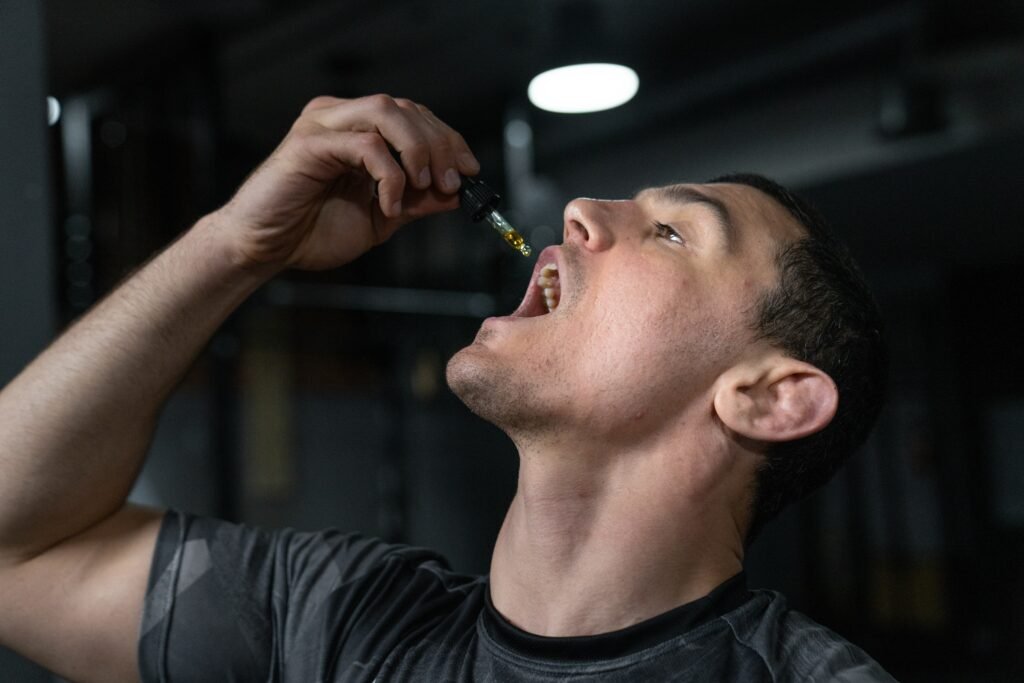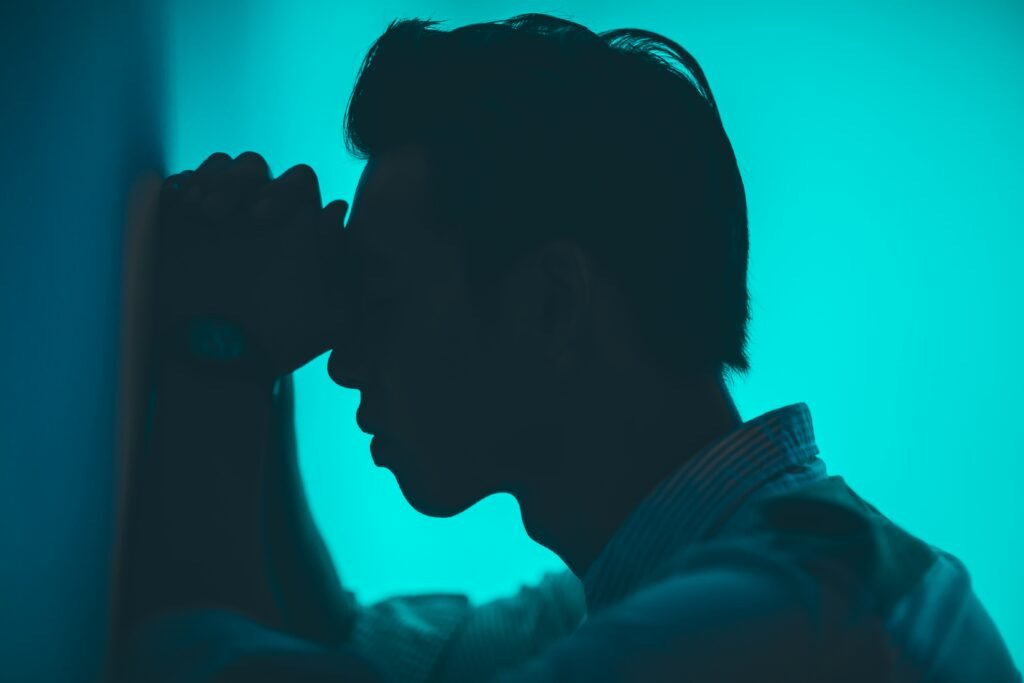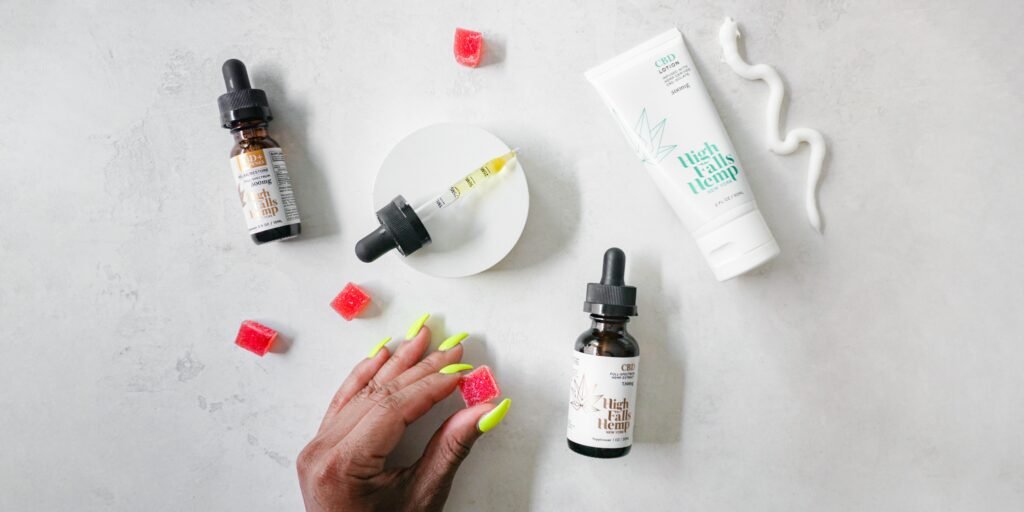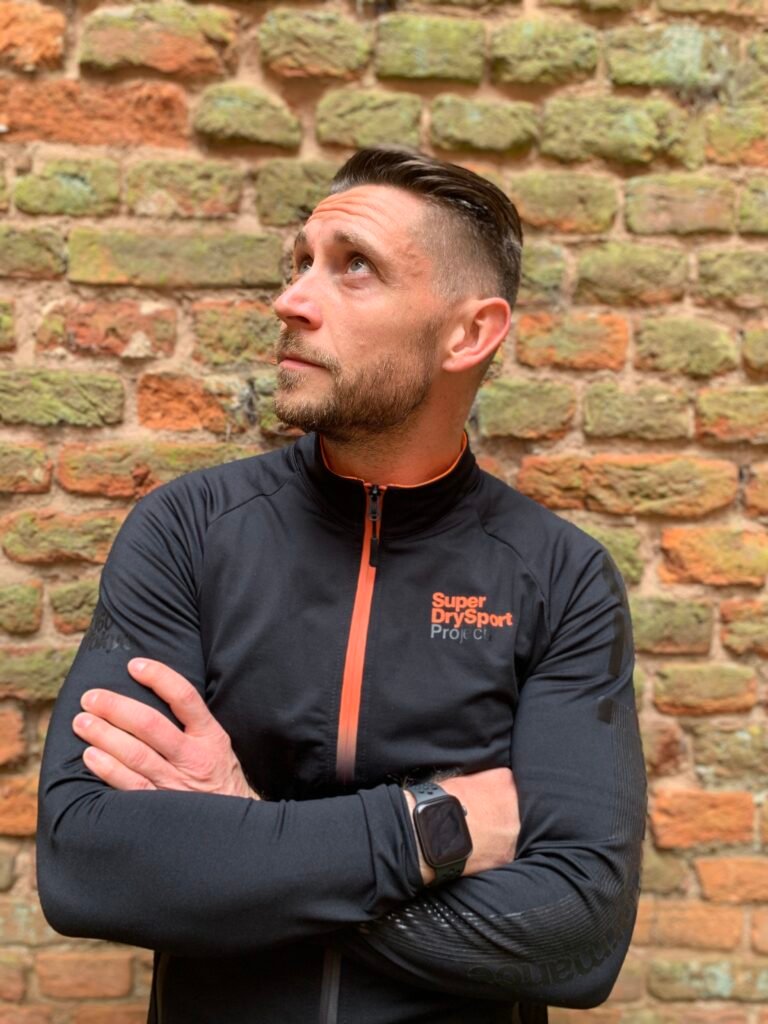Why does CBD make anxiety worse? (Here’s 4 Reasons Why It Might)
Do you suffer from anxiety?
Research suggests CBD makes anxiety better, but there is always exceptions to the rule.
Have you been taking medication for it or you think you might need to see someone about how anxious you are feeling?
Maybe you don’t want to take medication or you have had enough of it and want to try CBD?
Only to find after taking it, you feel more anxious than before?
According to the charity “Mind” one in six people in England suffer from some form of anxiety or depression and over 18% of American population do too.
Anxiety disorders are normally treated with psychotherapy, medication or a combination of the two, although many people opt to forgo these standard approaches and self-treat with products like CBD.
Find the answers to these questions and more below.
Why does CBD make anxiety worse?
CBD can make anxiety worse for many reasons. The main reason could be down to the product itself, as there are so many variables when it comes to CBD. What type of CBD is it – Full Spectrum, Broad Spectrum or Isolate? What is the efficacy of the manufacturer you have brought the product from? Has the product been third party lab tested for quality with batch counts? Research where the CBD has been made and how it was extracted – CO2, Olive oil or Solvent? Also consider the strength, potency and dosage requirements. Then there are other variables such as yourself…Are you on any kind of medication or had any change in diet or lifestyle recently? There are many factors that can have an effect on the individual that could make anxiety worse.
1. Product Research
As we have now opened the can of worms on CBD and anxiety, lets try and breakdown the reasons why it may have made your anxiety worse than before you took it.
The most common reason why People have problems with CBD is down to the product. As I take a deep breath in, in preparation of this long section of the post and the reasons why…
Firstly, what type of CBD is it?
There are three types of CBD on the market and they are as follows:
Full Spectrum – A full spectrum CBD product contains various cannabis plant extracts, including essential oils, terpenes and other cannabinoids, such as cannabinol. Full-spectrum CBD products may also contain up to a maximum 0.2% of tetrahydrocannabinol (THC), this is the cannabinoid in cannabis plants that produces the ‘high’ feeling.
Broad Spectrum – Broad-spectrum CBD contains a range of naturally occurring compounds from the cannabis plant, but it contains no tetrahydrocannabinol (THC).
Isolate – CBD Isolate is a chemical component obtained from cannabis plants. CBD isolate is a crystalline powder that is 99% pure CBD. It is taken from the hemp plant, but all other matter from the hemp plant is removed. This includes waxes, oils, other phytocannabinoids (such as THC), chlorophyll, and more.
With no regulation for CBD, you may be using a product with a significant amount of THC in it (without knowing). THC is believed to have the ability to heighten your anxiety.
If you increase your dosage, you are also increasing your THC intake, which may ultimately lead to increased anxiety. In this scenario I would suggest switching to a broad-spectrum or isolate CBD product.

Extraction Method?
Some would say that high grade CBD should not make you feel more anxious and that you should find some great benefits from using CBD.
Have you ever thought about how your CBD is extracted?
Make sure your products are made using CO2 extraction to remove the CBD from the hemp. The manufacturer should proudly state this on their product and website/shop.
Many unethical hemp manufacterers use denatured ethanol for extraction. Denatured ethanol is ethanol that is intentionally poisoned with things like methanol and acetone to make it unfit for human consumption.
Some hemp processors that put profit over their customers health will try to remove as much of the denaturant that they can and use that for their extraction.
The denaturants are known to cause organ damage, nervous system damage, and even psychological damage.
Some may not even try to remove them and something like that could cause a serious issue.
RELATED – Does CBD Oil Cause Excessive Sweating?
What manufacturer are you using?
This is another major factor to consider when buying CBD. As there is no regulation for it at the moment, so many manufacturers are not doing their upmost to produce quality CBD products.
When buying a CBD, be aware that there is no regulation or requirements on manufacturing of the products. A study done in the U.K. last summer showed more than 60% of the CBD sold did not contain what the label stated. A shocking statistic no doubt!
Always look for CBD that has had third party tested for quality, along with batch counts of the CBD produced. If you can’t see this anywhere on the product or website you are looking at, then stay clear of the product, as you can’t guarantee the quality of it, plus you don’t know for sure what’s in it!
Also check on consumers genuine reviews for the product, to get a sense of what it’s like and also pick from a list of well established brands.
Strength, Dosage & Potency
The three above can have quite an affect on the individual, as the strength, dosage and potency of CBD varies massively from product to product. For example, strength of CBD can go from 300mg – 5000mg per bottle, with varying dosages from a whole dropper full to only a few drops. This is why the potency needs researching also.
I have had CBD where you need to take the entire dropper to get the recommended dose, while another one I have used only took four single drops to get 50mg of CBD.
When it comes to CBD the dosage structure can get a little confusing, you should keep in mind that the correct dosage might also differ for different people, but always read the label of the product in question.
For most people, the recommended dose is sufficient, but Increasing or decreasing the dosage off your own back could be potentially harmful. If you feel any negative side effects, either revert back to the manufacturers recommendation or stop using the item and seek advice from your doctor.

2. Side Effects & Medication
Using CBD can cause a number of side effects, which includes anxiety. Some research indicates that CBD may also trigger the following side effects:
- Changes in appetite
- Changes in mood
- Diarrhoea
- Dizziness
- Drowsiness
- Dry mouth
- Low blood pressure
- Nausea
- Vomiting
Cannabidiol has been found to slightly increase heart rate at a dose of 900mg.
In addition, there’s some evidence that the use of CBD oil may lead to increased levels of liver enzymes (a marker of liver damage).
CBD oil may also interact with several medications such as benzodiazepines, calcium channel blockers, antihistamines and some types of anti-epileptic drugs. If you are on any of these types of medications, consult your healthcare provider before using CBD oil.
Although some studies have shown that CBD can help with a range of mental health disorders, such as Generalised Anxiety Disorder, Social Anxiety, Personality Disorder, Obsessive-Compulsive Disorder and Post Traumatic Stress Disorder (PTSD) – the research on CBD and its side effects is still little.
If taking it it’s doing more harm than good, perhaps you should talk to your doctor and discuss other treatment options.
RELATED – Why Does CBD Oil Give Me Nightmares?

3. The Endocannabinoid System
The full extent of the ECS is still unknown, however it is believed to regulate a range of functions such as sleep, mood, appetite, memory, reproduction and fertility.
The ECS has three core components: endocannabinoids, receptors, and enzymes.
Endocannabinoids are molecules made by your body.
While the receptors are found throughout your body. Endocannabinoids bind to them in order to signal that the ECS needs to get involved.
There are two main endocannabinoid receptors:
- CB1 receptors, which are mostly found in the central nervous system
- CB2 receptors, which are mostly found in your peripheral nervous system, especially immune cells
Endocannabinoids can bind to either receptor. The effects that result depend on where the receptor is located and which endocannabinoid it binds to.
Enzymes are responsible for breaking down endocannabinoids once they’ve carried out their function.
The ECS is linked to the following processes:
- appetite and digestion
- metabolism
- chronic pain
- inflammation and other immune system responses
- mood
- learning and memory
- motor control
- sleep
- cardiovascular system function
- muscle formation
- bone remodeling and growth
- liver function
- reproductive system function
- stress
- skin and nerve function
These functions all contribute to the stability of your internal environment. If an outside force, such as pain from an injury or a fever, throws off your body out of whack, your ECS kicks in to help your body return to its ideal operation.
Experts believe that maintaining this balance is the primary role of the ECS.
4. Allergies, When Are You consuming and Other Varieties
CBD allergies have varying different effects. An allergic reaction can happen when the immune system reacts to any invasive substance that the body deems a threat. Here are some signs that may suggest that you are having a reaction:
Dry, Red, or Itchy Eyes: Marijuana is known for causing red eyes due to dryness. However, THC is the cause of this, not CBD. Although some users could experience this after taking CBD. If your eyes are bloodshot or you have excessive watering, it could be an allergic reaction.
Migraines: Some users can experience a slight headache for the first couple of uses, but migraines are an indication of something more serious. If this is the case go see your doctor as soon as possible to discuss this.
Skin Irritation: This is more common in the case of topical CBD products, some users may develop a rash or hives. This might be caused by the CBD itself, but it may also be the result from one of the many other ingredients found in topicals (balms and creams).
Respiratory Problems: If you are having trouble breathing after taking any form of CBD, you should seek medical help immediately. Breathing issues linked to CBD products are most likely the result of poor-quality products that contain contaminants, and should not happen with a high quality product.
When are you consuming your CBD? one of the many questions users ask.
Theres no right or wrong answer here, as it depends on the individual. Some people like to take it between 2-3 hours before bed to help them relax and get a good nights sleep, where as others prefer to take it in the morning to help with their anxiety through the day.
Some people would take another dose later to help them unwind after a challenging day at work. Some manufacturers recommend an extra dose later in the day. I have never done this personally, I just take the once a day in the early evening.
It has been said that taking too close to bedtime (like an hour before) can cause vivid dreams, night terrors or profuse perspiration.
Once again here, the individual has to find their “CBD sweet spot” as to what works best for them.
There are many different types of CBD and maybe the one you are using at the moment doesn’t agree with you. Some of the other methods of using CBD are as follows:
Topical – A CBD topical is any cream, lotion or salve that’s infused with CBD and is applied directly to the skin.
Food & Drink – the most common form here are “Gummies” (sweets) that give you your dose of CBD. Theres also drinks and other snacks that can give you your daily CBD requirements.
Oil – the most well known version of CBD, by taking a tincture (dropper) and ingesting sublingually under the tongue, they come in many strengths, makes and dosages.
capsules – Similar to oil, just taken as a capsule with varying strengths just like the oil.

Another factor to consider is bioavailability, which refers to how much CBD gets into your bloodstream when taken.
If you ate some gummies, they will have to go through your digestive tract before you can absorb them, and the amount that ends up in your system may be relatively low compared to other methods.
If you take a tincture sublingually — as mentioned above — you’re absorbing it directly into your bloodstream. So you could get your CBD more efficiently, then you would from eating a sweet.
Also think about the most effective method would be, depending on what type of relief you’re looking for.
A topical balm won’t help you with your anxiety. However, it can offer potential relief for sore muscles, if that’s what you require?
Final Thoughts…
Theres no question that when it comes to CBD and anxiety, there are many factors to consider with just the product you are using.
With no regulation concerning CBD globally at the moment, people can get tricked into buying something that isn’t from a reputable source.
Remember, do your research using the points I have mentioned above to narrow down your search. If you are suffering from anxiety and taking CBD has made it worse for you, if possible send the product back (as most brands offer a 30 money back guarantee) and try another brand that ticks the boxes of its origin and quality.
Maybe even try a different method of CBD? As mentioned above there are a number of other ways to consume CBD and maybe they might work better for you?
If you enjoy sport and use CBD to help with your recovery in between gruelling workouts, then your are in the right place. Here at Sport CBDs, we train hard and recover the best way possible…
We have regular workouts (check out the YouTube channel), CBD news and CBD products to help you gain that edge!
If you wanted to check out the reputable CBD we have on offer here at the site, then please head to the Sport CBDs Store. We also do fitness clothing and yoga accessories too.
Until next time, all the best…


